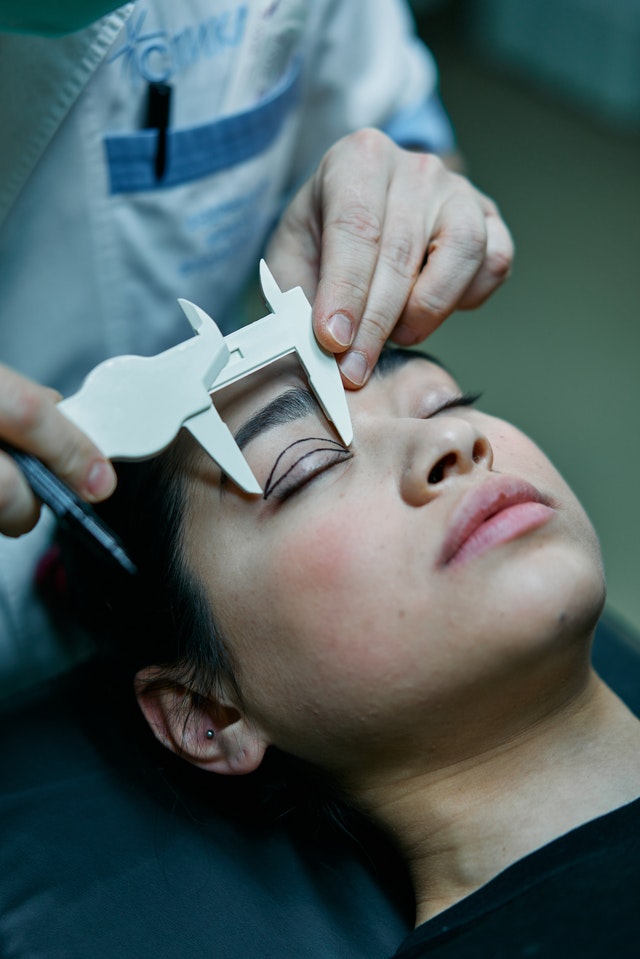According to the American Society for Aesthetic Plastic Surgery, in 2013 alone, more than 11 million surgical and non-surgical procedures were performed, a 279% increase over the number of plastic surgeries in 1997. In detail, surgical procedures, such as breast augmentation or reduction and liposuction, increased by 89%, while non-surgical procedures such as Botox injections or eyelid lifts increased by 521%.

As technology improves in medicine, plastic surgery will become more advanced and provide better results with less invasive surgery, giving us all more options to improve our quality of life and self-confidence if that is the option we desire.
Can plastic surgery improve quality of life?

Plastic surgery can help improve a person’s self-confidence because it not only “improves” a specific part of the body, but extends beyond what one sees. Good plastic surgeons are often knowledgeable about the latest trends and techniques in plastic surgery and are able to offer a permanent solution to many physical problems and abnormalities.
In general, it can be said that plastic surgery, which includes altering a person’s physical features that they are unhappy with, will improve social confidence in general, making it easier for a person to talk to people, meet new people, and enter into broader areas of work.
Here are some of the ways and areas in which plastic surgery can improve your quality of life:
- Undergoing certain types of plastic surgery such as rhinoplasty or abdominoplasty can change the way a person feels about their appearance and change the way others perceive them, as well as build confidence to apply for jobs that require interaction with people, such as real estate agent or salesperson.
- Breast augmentation or reduction surgeries change the size and shape of the breasts, which will reduce any feelings of lack of self-confidence a woman may have and allow her to wear the clothes she wants with more confidence. Medically, breast reduction can help relieve back and neck pain and improve body posture while standing and sitting.
- In addition, rhinoplasty and nose reshaping not only help improve confidence and increase a person’s social presence once they are satisfied with their appearance, but can also lead to redirection of the airway and thus eliminate breathing and snoring problems.
The relationship of plastic surgery to self-confidence

In a European study published in Clinical Psychological Science, it was shown that postoperative plastic surgery patients have higher levels of self-confidence than before surgery, indicating that plastic surgery has clear psychological benefits. This is something we can confirm when reviewing plastic surgery consultations for patients seeking both surgical and non-surgical improvements in their appearance, as they always feel that improving or correcting certain physical characteristics will help improve their self-image.
A positive self-image is directly related to the level of self-confidence. Some patients report avoiding certain activities and situations because of concerns about their appearance, which can be very frustrating. Overwhelmingly after surgery, patients report a significantly higher sense of body confidence and self-satisfaction.
For most people, outward appearance and appearance are associated with strength. If a person is satisfied with their appearance, they are often at their best and vice versa. Does improving one’s appearance improve one’s confidence? For most people, the answer is yes.
Sometimes certain physical traits that are out of proportion to a person or unattractive can leave a person unbalanced about their appearance. This is confirmed by patients and plastic surgeons, as well as significant positive changes in patient confidence levels after recovery from cosmetic procedures that help the patient augment or improve and reshape a feature that has been a long-term concern or confidence barrier for the patient.